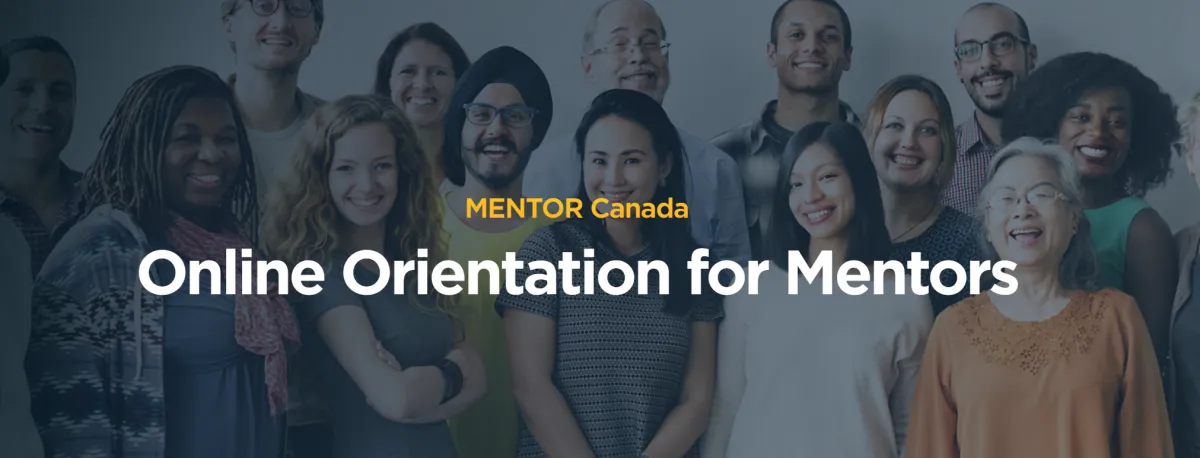January 11, 2021 Mentoring has various forms and countless benefits for both mentees and mentors

For the fifth consecutive year mentoring advocates across Canada have kicked off January with an awareness campaign called #MentoringMonth.
A goal is to educate members of the public on the need and the benefits of having additional volunteer mentors across the country.
It’s no secret there is a high number of youth that agencies across the country cannot properly serve without the addition of more mentors.

"We know the impact of mentoring is significant, not only for the mentees but also for mentors and our broader society,” said Stacey Dakin, MENTOR Canada’s managing director.
Mentees can end up reaping benefits well into their adulthood.
“We know that mentored youth are more likely to develop resiliency and achieve success in education, work, and make positive life choices,” Dakin said.
And research has proven there are also various advantages for many of those adults who volunteer their time to mentor a youth.
“We know mentors are more likely to note improvements and changes in themselves related to leadership, relating to children, improving their communication skills, increasing their confidence and patience,” Dakin said.
Another goal of #MentoringMonth is to educate more people on what mentoring actually is.
A mentor is someone other than your parent(s) or guardian(s) who is usually older with more experience than you, who you could count on to be there for you, believed in and cared deeply about you, and inspired you to do your best, and influenced what you do and the choices you made then or make now, Dakin said.
Mentoring can be either formal or informal.
“Formal mentoring is when an organization like a school or a community group matches a young person with an adult with whom they develop a relationship in a structured manner through regular meetings and activities,” Dakin said.
Examples of formal mentoring include programs operated by Big Brothers Big Sisters of Canada and the YMCA Plusone Mentoring.

Meanwhile, informal mentoring occurs when an individual comes into a young person’s life and a mentoring relationship develops naturally.
“An example of an informal mentor could be a family friend, an Elder or Auntie, a neighbour, a coach, other community members and relatives, or even a teacher that the young person maintains a relationship with outside of the classroom,” Dakin said.
Thus, the thought that they might already be providing informal mentoring might not have even occurred to some individuals.
MENTOR Canada and AMP representatives are urging members of the public to share their own mentoring experiences using the hashtag #MentoringMonth.

Those who are considering become a mentor can look at a bilingual Online Mentor Orientation, which was developed by MENTOR Canada and the AMP.
The orientation, which consists of five modules, can be completed in about 60 minutes.
The modules provide information including the basics and importance of mentoring, a mentor’s role, support available for mentoring programs and the dynamics of creating a meaningful mentoring relationship.